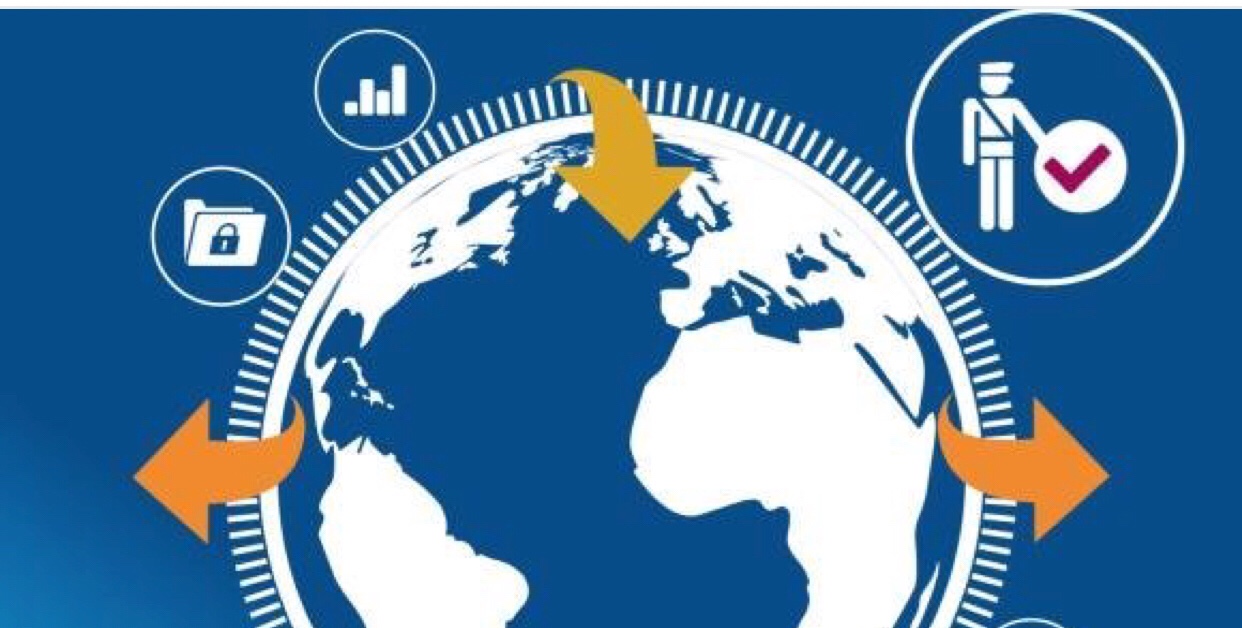For centuries human kind has been asking the impossible philosphic questions about things like; life, space, the future.

Now there is a question like that for the Customs world, or is there? Sometimes when reading media about Brexit I get the feeling that everything is open, the solutions can be everything or anything. We don’t know. Itbis up for negotiations. This is simply not true.
We have had Customs procedures by our borders, regardless of what borders, for more than 2000 years. We know what a border means. Leaving a Customs territory means leaving a Customs territory. And entering another.
We know since many years what processes that need to be handled to organize trade from one area to another. There are international standards for it. It is not rocket science.
However it can be implemented in a modern, smart way – or not.
The sooner we start talking about smart practical solutions, the better.
The real question is; Is it possible to implement and have smart borders around the Gustoms area of United Kingdom?
The answer? Yes, absolutely,
A new year. After a week of start-up activities it is time to get going. It will be a first week in four countries. Life of a globetrottet. We work all around the world.

As a famous politician once said when asked where to go when entering a taxi in Stockholm,
“Take me anywhere, I am needed everywhere”.
And now I even have me own emoji…,
’A secure business environment for economic development’ – The World Customs Organization theme of the year 2018.

This slogan will be launched on International Customs Day, which is celebrated annually by the global customs community on January 26.






You must be logged in to post a comment.